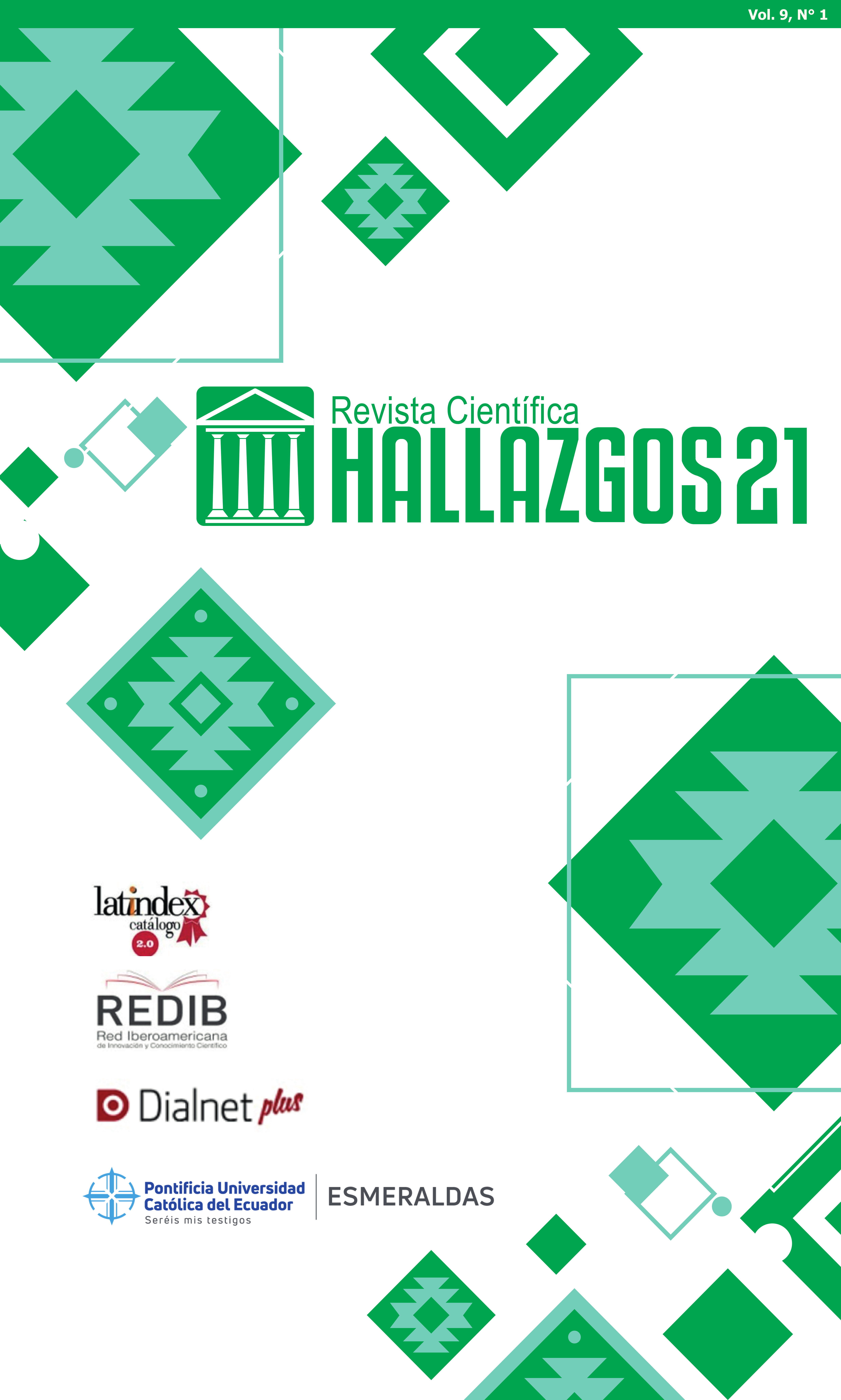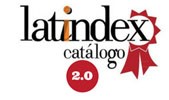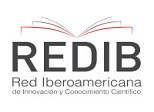The Pedagogy of Yachay in Ancestral Knowledge and the Indigenous Peasant Worldview in Western Scientism
DOI:
https://doi.org/10.69890/hallazgos21.v9i1.648Keywords:
Pedagogy, Yachay, Andean worldview, Ancestral knowledge, Teacher-leader, PolylogistsAbstract
The multiple dialogues that arise in the Andean Cosmovision are learning. The actors are designers of the itinerary to travel without evading obstacles rather than subduing them to achieve the good life. Pedagogical management in situ is decisive in experiential systematization and decision-making. The presence of a new man committed to his peers, not in the camouflaged becoming of divinities, but rather leading and supporting an experience of co-responsibility. Otherness is the sum of balance and social justice. Live in harmony: man-man, man-divinity, man-nature. Yachay, a professor respected by the community, guides, orients, leads the concrete acts that are developed in Andean philosophy, insistently seeking collective well-being, overcoming the tensions of visions with isolated archetypes that bring with them doubt and desires for appeasement.
The Yachay pedagogy emerges as an experiential postulate of collective leadership good for cushioning and absorbing the emptiness of generations mutilated by the technological whims of the Western world and its unidirectional scientism. This camouflage of Yachay may be consistent with what has been debated since ancient times, the leader is born or made. The Andean yachay teachers, sometimes the center of social and productive action in shared leadership, as a productive of pedagogical practice in the Andean worldview, the desire for social construction, appropriation of knowledge, and sharing arises in the classroom due to the teacher's work.
References
Acevedo, D. (2019). Medición y Control en la Gestión y Resultados. México. Ediciones de la U LTDA. https://www.sancristoballibros.com/libro/medicion-y-control-en-la-gestion-y-resultados_87548
Aranda, A. (2019). La práctica de valores éticos y morales y su incidencia en los procesos de enseñanza-aprendizaje en los estudiantes del nivel elemental de la Unidad Educativa Particular San Francisco de Sales, período lectivo 2018-2019 (tesis de grado). https://dspace.ups.edu.ec/handle/123456789/16639
Pedraja Rejas, L. (2011). Gestión y liderazgo educacional: una perspectiva integradora en la economía del conocimiento. Revista de Ciencias Sociales, XVII (Enero-Marzo). https://www.redalyc.org/ ISSN 1315-9518
Galeano, E. (2023).Las Venas Abiertas de América Latina. Edición conmemorativa del 50 Aniversario Siglo Veintiuno editores. https://www.sigloxxieditores.com/libro/las-venas-abiertas-de-america-latina_52766/
Hernández, L. (2020). Liderazgo docente en la perspectiva de los universitarios. Horizonte de la Ciencia. https://doi.org/https://dialnet.unirioja.es
Ishizawa, J. (2009). Notas para una epistemología de la afirmación cultural en los Andes centrales. Proyecto Andino de Tecnologías campesinas. https://www.pratec.org/wpress/pdfs-pratec/epistemologias-en-la-educacion-intercultural.pdf
Instituto Superior Tecnológico Jatun Yachay Wasi. (2021). Saberes Ancestrales. https://jatunyw.edu.ec/saberes-ancestrales/
Mato, D. (2011). Universidades Indígenas en América Latina. Experiencias, logros, problemas, conflictos y desafíos. Revista Andaluza de Antropología: Antropologías del Sur, (1), 63-85. https://institucional.us.es/revistas/RAA/1/daniel_mato.pdf
Montemayor, C. (2000). La cosmovisión de los pueblos indígenas actuales. Desacatos, (5), 95-106. http://www.scielo.org.mx/scielo.php?script=sci_arttext&pid=S1607-050X2000000300007&lng=es&tlng=es.
Pozzi-Escot, I. (1991). Ideas y planteamientos propuestos en el desarrollo y debate de la educación bilingüe en el país. FOMCIENCIAS. https://doi.org/https://centroderecursos.cultura.pe/es/registrobibliografico/ideas-y-planteamientos-propuestos-en-el-desarrollo-y-debate-de-la-educaci%C3%B3n
Proyecto Andino de Tecnologías Campesinas (PRATEC). (2009). Epistemologías en la educación intercultural. Proyecto Andino de Tecnologías Campesinas. https://www.pratec.org/wpress/pdfs-pratec/epistemologias-en-la-educacion-intercultural.pdf
Rodríguez de Mello, R. (2009). Sobre investigación y extensión universitaria: relación entre concepciones y metodologías. Rexe. https://doi.org/https://www.redalyc.org/pdf/2431/243116377005.pdf
Rodríguez, J.V. (2008). Tequinas, Mohanes, Piaches y Jeques. Los Chamanes en el mundo prehispánico de Colombia. https://archive.org/details/tequinas-mohanes-pianches-y-jeques.-los-chamanes-en-el-mundo-prehispanico-de-col
Tenesaca, G. (2015). Perfil del Docente Intercultural Bilingüe. UP Salesiana - Cuenca - Ecuador. https://doi.org/https://dspace.ups.edu.ec/bitstream/123456789/8939/1/UPS-CT005195.pdf
Vivas, P. (2001). Técnicas de dinámicas de grupo. Universidad de Cataluya. https://www.andaluciaesdigital.es/c/document_library/get_file?uuid=798eb388-3108-4f36-9c65-9cbfab82f587&groupId=20195
Published
How to Cite
Issue
Section
License
Los artículos enviados a la Revista Científica Hallazgos21 deberán ser totalmente originales e inéditos.
Los autores son los responsables de los textos y las imágenes incluidas en los artículos y no necesariamente reflejan el pensamiento de la editorial o de la Pontificia Universidad Católica del Ecuador, Sede Esmeraldas (PUCESE).
Los autores disponen cederle a la Revista Científica Hallazgos21 todos los derechos inherentes para la edición, publicación y distribución o divulgación del mismo.
Se autoriza a las revistas firmantes de los acuerdos de Encuentros de Revistas Latinoamericanas para reproducir en parte o totalmente los artículos con la sola mención de la fuente claramente señalada.







